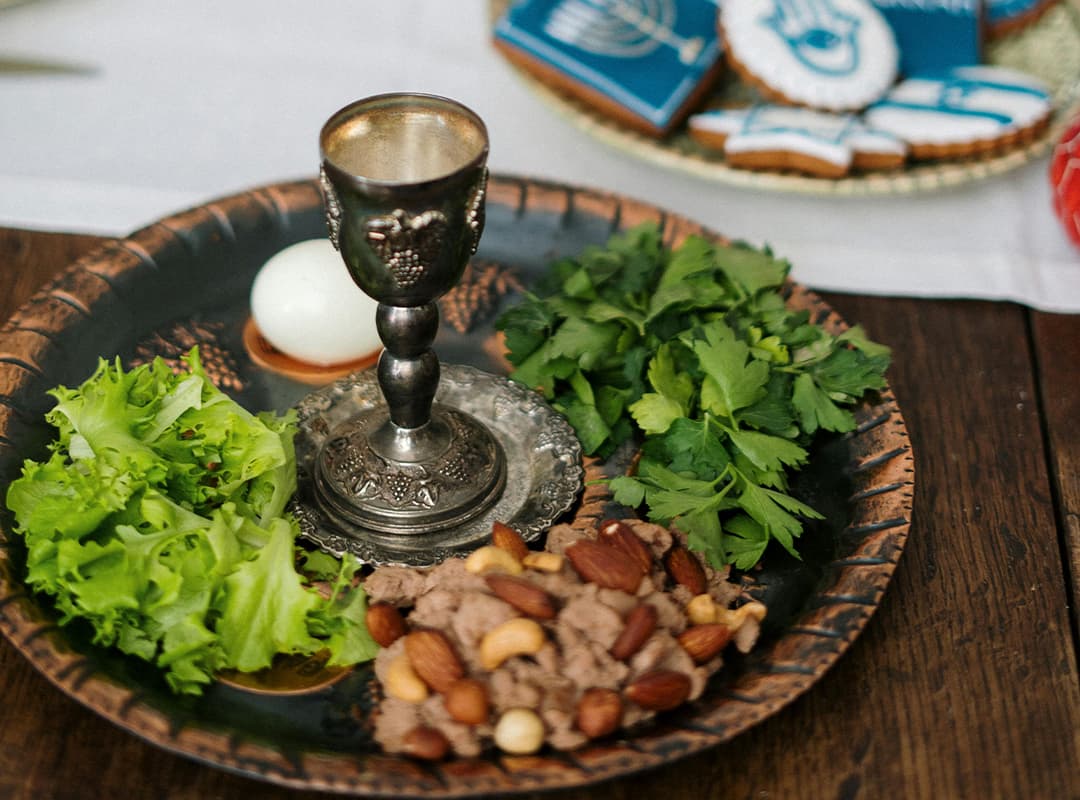Every country in the world has its own unique cuisine that has been shaped over centuries. But what if a state has existed for only a few decades, and its citizens come from all over the world? Then you get a unique and sometimes incredible combination of flavors and recipes, which is called Israeli cuisine, not to be confused with Jewish cuisine.
Most people associate the phrase “Jewish cuisine” with stuffed fish, challah, forshmak. These dishes are familiar on the menu of Ashkenazi Jews, that is, European Jews. By the way, many Israelis consider these dishes not Israeli at all. Israeli cuisine is a fusion of culinary traditions brought here by Jews from around the world – traditions that complement and enrich each other.
The notion of “Israeli cuisine” is relatively new, as is the state of Israel itself, to which repatriates from more than 100 countries have arrived. Today Israeli cuisine is a multicolored palette of tastes and aromas, which includes both traditional European and Oriental dishes and new developments of leading Israeli chefs, combining local color and the influence of culinary traditions of many countries and peoples.
Along with an impressive variety of dishes, you will encounter an unfamiliar and sometimes incomprehensible variety of restrictions and rules. For example, the code of a thousand rules – kashrut. It determines what Jews can and cannot eat, what is allowed to eat on Saturdays and what on holidays, what food is kosher and what is not. The main law of kashrut is not to mix meat and dairy. Even utensils for dairy and meat products are kept in separate lockers, washed in separate sinks, or even cooked in different kitchens. It is forbidden to eat pork, hare meat, camel meat, and wild bird meat. Traditional food is usually divided into everyday and festive. And the food prepared before Shabbat (starts from the moment of sunset on Friday and ends at sunset on Saturday) is also included in the festive food. On this day, as it is known, Jews are forbidden to do any work, including cooking, as well as it is forbidden to light fire, turn on or off electricity. Accordingly, food for this day is prepared well in advance. Hot dishes are slowly stewed “by themselves” over low heat throughout the Shabbat.
Food in Israel has a rich, bright flavor. Products here are very fresh: fish is caught in Israeli waters, vegetables are grown here, and in restaurants with the season changes and menu. So there is always something to try in this country. To better understand the culinary preferences of Israelis, it is best to start with street food, especially since in Israel it is not only tasty, but also healthy.
One of the most popular and well-known dishes of Israeli cuisine is delicious freshly made hummus. Warm pita bread served in a paper bag goes well with this dish. Hummus is prepared from chickpea puree with the addition of olive oil, garlic, lemon juice and spices. Chickpeas are also called “mutton peas.” Not only the traditional chickpea appetizer is found in Israeli cuisine. Try masabacha hummus – served with chicken pieces, paprika and spiced lemon. Also try kawarma hummus – with minced lamb, onions and parsley. Many countries claim to be the birthplace of falafel. The roots of this dish go far back in time. Undoubtedly, now it is one of the main dishes of Israeli cuisine. It can be found on the menu of any restaurant. Made from chickpeas and other legumes, traditional falafel is served with the aforementioned hummus, pink pickled turnips, pita bread, pickles and traditional Israeli salad.
Shakshuka is one of the most popular breakfasts in Israel. The main ingredients are eggs and tomatoes, but shakshuka is more than just scrambled eggs. Tomatoes play the main role in shakshuka, with about 5-7 tomatoes required per serving. Tomatoes, onions, garlic and spices are used to make a thick sauce, into which raw eggs are then carefully beaten. The dish turns out very beautiful: white-yellow rounds of scrambled eggs look very picturesque on a red tomato background.
In Israel they love fish, but not any kind of fish: only fish with fins and scales are considered kosher. In addition, the “right” fish must throw eggs, and it must also have a bony skeleton, so eel and sturgeon, for example, are not suitable. But trout, pike, salmon, tuna and many other (no less tasty) fish are welcome. Fish lovers should definitely visit the north of Israel, in the ancient city of Acre (or Akra), where there is a fishing port.
Israel is one of the world leaders in goat cheese production. Visit Goats With the Wind, an organic farm located in the Galilee, an area in the north of the country. It is home to the cutest goats that are sure to charm you. The farm has an eco-restaurant where you can taste not only cheeses, but also other traditional dishes in a homemade version. By the way, if you travel on the wine route, you should start from the northern Galilee. Private wineries are concentrated here, where wine tours and tastings are organized. Small family-run wineries also open their doors to tourists. There you can learn about the ancient recipes of winemaking traditions, while appreciating the flavors of the ancient drink.



